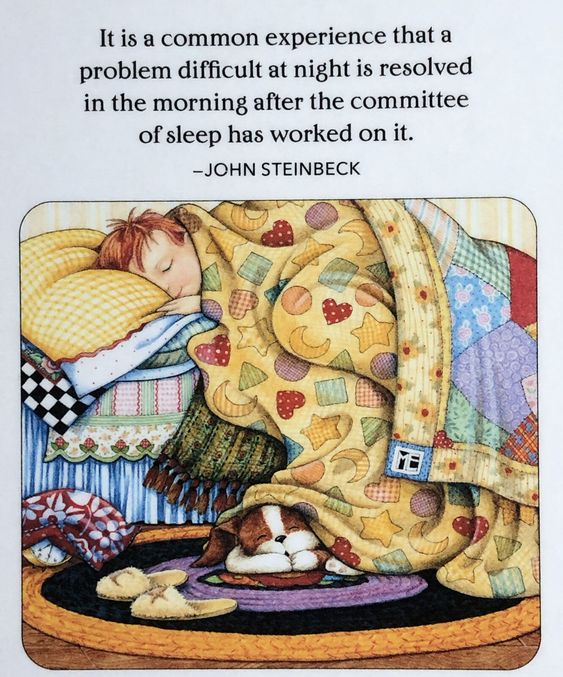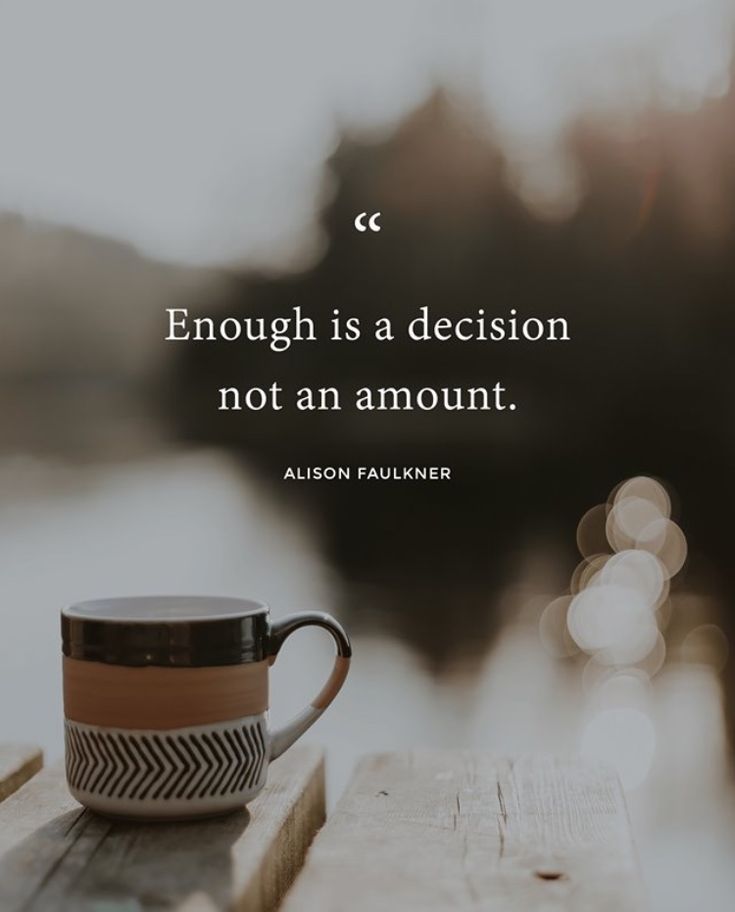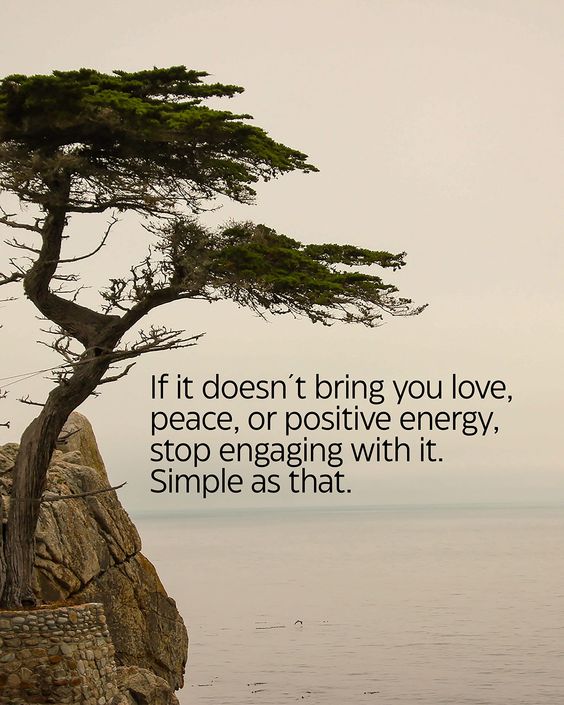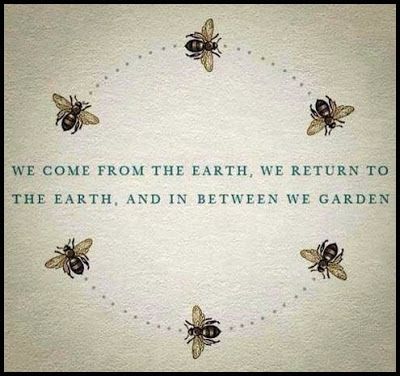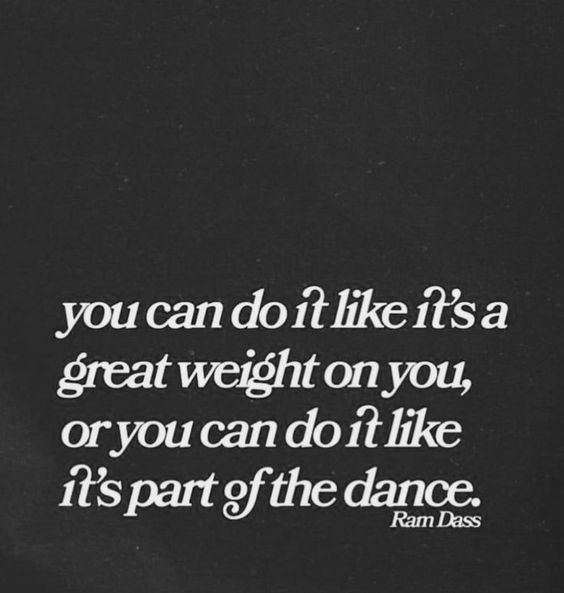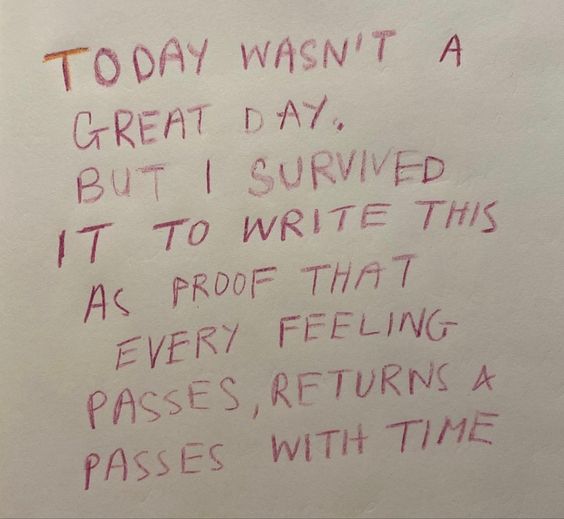“Bad character might drive someone into a position of leadership—because of their ambition, their ruthlessness, their shamelessness—but eventually, inevitably, this supposed ‘strength’ becomes an Achilles’ heel when it comes time to actually do the job. Who trusts them? Who actually wants to work with them? What kind of culture develops around them? How can they learn? How can they know where the landmines are?”
Ryan Holiday
“The only way to be saved is to spend your lifetime on a pilgrimage.”
Sheldon B. Kopp, If You Meet Buddha On The Road, Kill Him! (Page 128)
“Confronting one’s own personal garbage is the way to begin.”
Sheldon B. Kopp, If You Meet Buddha On The Road, Kill Him! (Page 126)
“As a therapist, I do not consider myself a ‘Shrink.’ I wish to help expand consciousness, not to diminish it. I am not interested in getting people to ‘adjust’ to our rather unsatisfactory culture. At the same time, I am not a ‘Radical Therapist’ preaching revolution and social change. Instead, I hope to help the pilgrims who seek my guidance to see that all rules are mere conventions, games that one can play or not. It is only necessary to recognize that they are games, to do what you wish, and to face the consequences of your behavior.”
Sheldon B. Kopp, If You Meet Buddha On The Road, Kill Him! (Page 117)
“If we flee from the evil in ourselves, we do it at our hazard. All evil is potential vitality in need of transformation. To live without the creative potential of our own destructiveness is to be a cardboard angel.”
Sheldon B. Kopp, If You Meet Buddha On The Road, Kill Him! (Page 109)
“When we lay claim to the evil in ourselves, we no longer need fear its occurring outside of our control. For example, a patient comes into therapy complaining that he does not get along well with other people; somehow he always says the wrong thing and hurts their feelings. He is really a nice guy, just has this uncontrollable, neurotic problem. What he does not want to know is that his ‘unconscious hostility’ is not his problem, it’s his solution. He is really not a nice guy who wants to be good; he’s a bastard who wants to hurt other people while still thinking of himself as a nice guy. If the therapist can guide him into the pit of his own ugly soul, then there may be hope for him. Once this pilgrim can see how angry and vindictive he is, he can trace his story and bring it to the light, instead of being doomed to relive it without awareness. Nothing about ourselves can be changed until it is first accepted.”
Sheldon B. Kopp, If You Meet Buddha On The Road, Kill Him! (Page 108)
“No patient in psychotherapy can recover his own beauty and innocence without first facing the ugliness and evil in himself. [Carl] Jung tells us we have ‘dealt the devil… [no] serious blow by calling him neurosis.'”
Sheldon B. Kopp, If You Meet Buddha On The Road, Kill Him! (Page 105)
“It is a great insight to come to—that you don’t love yourself. It is really hard to love oneself, because we have been taught to condemn ourselves and not to love. We have been taught that we are sinners. We have been taught that we are not of any worth. Because of that it has become difficult to love. How can you love a worthless person? How can you love somebody who is already condemned? But it will come. If the insight that you do not love yourself has come, there is nothing to be worried about. One window has opened. You will not be inside the room for long—you will jump out. Once you know the open sky, you cannot remain confined in a stale world. You will come out of it.”
Osho, Everyday Osho (Page 141)
“What a waste of her life to spend herself trying to be something good enough for mother, when she was already good enough. Nothing could ever be good enough to finally satisfy such a mother. If she can face what a fool she has been to have tried and tried to transform her vitality into a power that would make this insatiable mother happy, she may then be able to reclaim her power for herself. She never had any real power over mother, or over the feelings of anyone else. Her only real power lies in taking charge of her own life, enjoying being who she is, and making her life as meaningful as she can for herself, whatever others may or may not expect of her.”
Sheldon B. Kopp, If You Meet Buddha On The Road, Kill Him! (Page 88)
“Sometimes it seems to me that in this absurdly random life, there is some inherent justice in the outcome of personal relationships. In the long run, we get no more than we have been willing to risk giving. We get to keep no more than we earn by our own efforts. In a way, we each get what we deserve. Everyone is entitled to keep as much garbage as he is willing to put out or to put up with.”
Sheldon B. Kopp, If You Meet Buddha On The Road, Kill Him! (Page 85)
“We must never forget that we may also find meaning in life even when confronted with a hopeless situation, when facing a fate that cannot be changed. For what then matters is to bear witness to the uniquely human potential at its best, which is to transform a personal tragedy into a triumph, to turn one’s predicament into a human achievement. When we are no longer able to change a situation…we are challenged to change ourselves.”
Viktor Frankl, Man’s Search For Meaning
